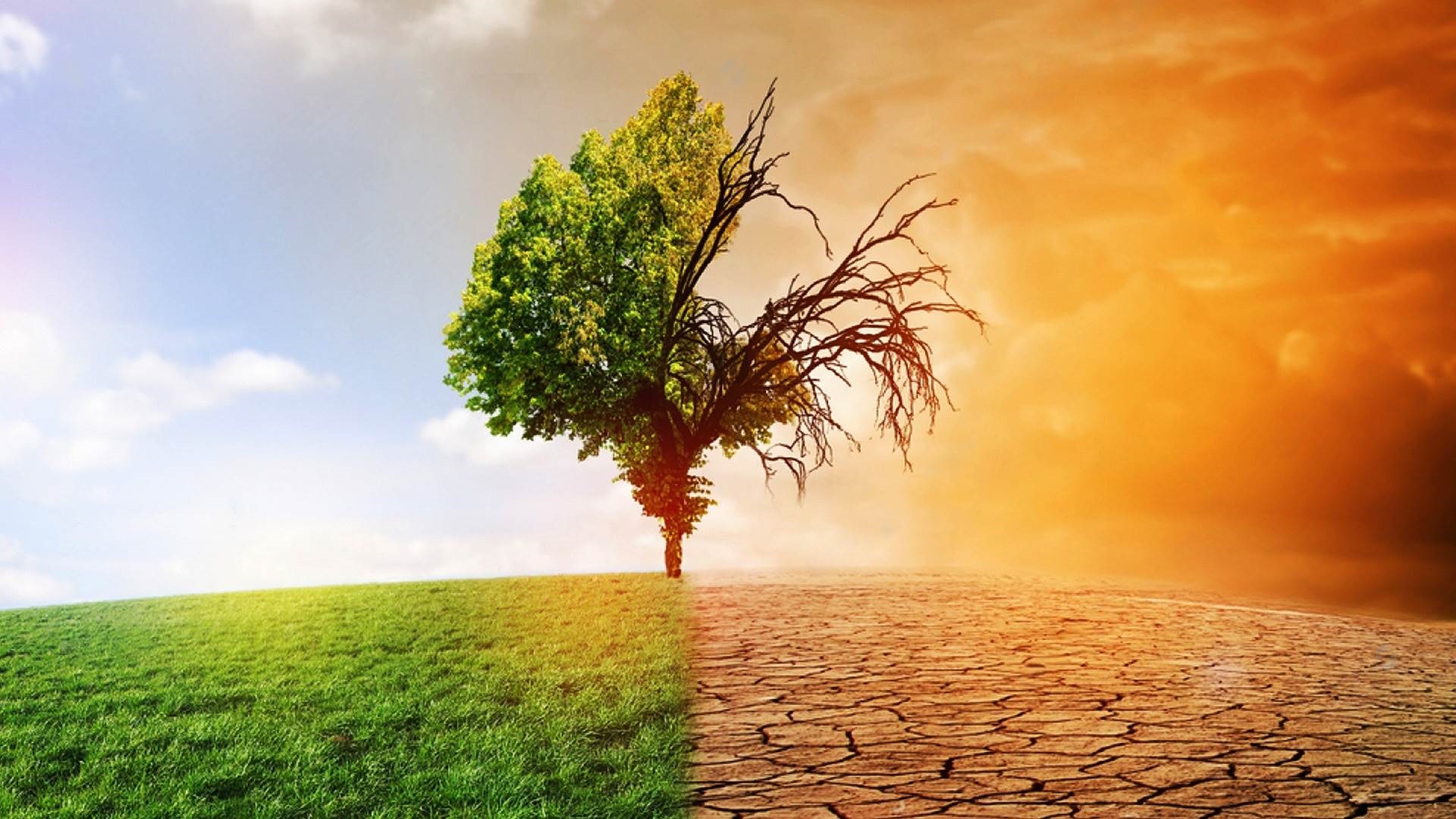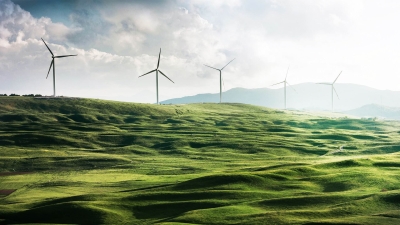How Climate Change Affect Women's Lives More Than Men

Studies proved that women are the most affected by climate change, and one of the most prominent was UN Development Program, which believes that effects of climate change are not gender neutral.
According to a United Nations statement issued on International Women's Day last March, women are more exposed to climate change effects than men, due to that they constitute the majority of the world's poor, and depend more on natural resources that are threatened by climate change than others.
Climate change increases exposing to gender-based violence, because women take the responsibility of providing food, water and fuel, tasks that become more difficult and time-consuming with the climate change crisis.
Lack of resources and the need to travel further to obtain them may expose women to more violence, including increased risk factors associated with human trafficking or child marriage.
Furthermore, climate change undoubtedly affects health, but the negative impact varies between males and females and is more severe on women.
Forced displacement and migration put them at greater risk of rape, harassment, sexual exploitation, human trafficking, and exploitation, accordingly; They are less able to cope with the effects of climate change.
According to the study of OHCHR, pregnant and lactating women are the most exposed groups to food lack resulting from climate change, as many risks that threaten land, water, organisms and livelihoods It severely affects women .
Effects did not stop at that point, as this crisis could lead to great risks of beating, kidnapping and abuse of her children, in addition to sexual assaults. According to UN estimates in 2018, 80% of the displaced, due to climate change, were women.
Accordingly; Countries should adopt climate policies that are more sensitive to women, mainstreaming the gender perspective in climate change and UNDRR.











